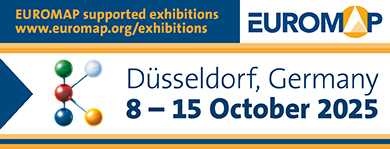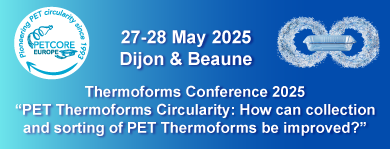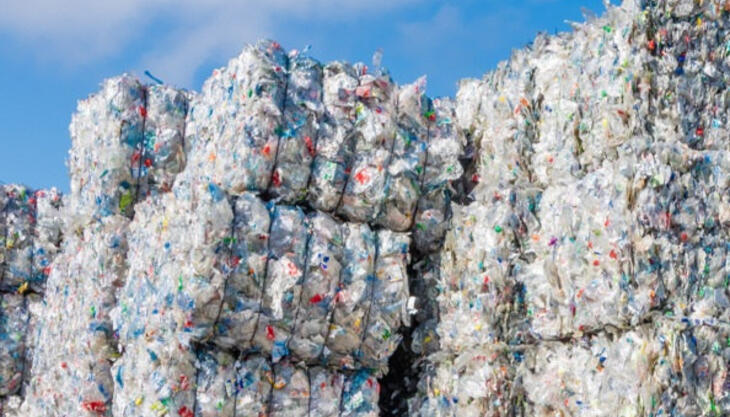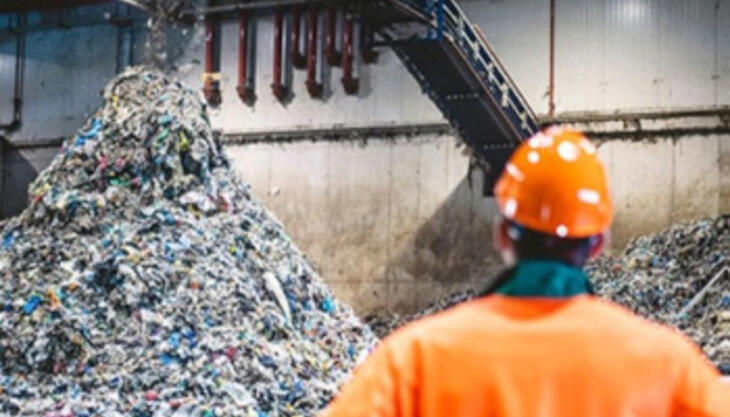The economic and environmental impacts of tyre recovery
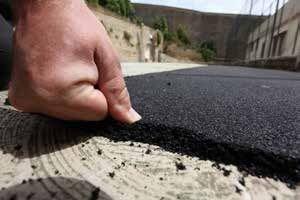
A reduction of 347 million tons of carbon dioxide equivalents thanks to the use of recycled rubber in place of virgin rubber; savings of 3.2 billion kWh of electricity; 1.3 million cubic metres not consumed to produce virgin rubber, steel and other tyre components. These are the principal environmental data contained in the "Sustainability Report 2013" presented by Ecopneus (Italian consortium for the sourcing, collection, processing and reuse of discarded tyres) on 10 June together with various representatives of Italian institutions such as Edo Ronchi (Fondazione Sviluppo Sostenibile), Massimo Beccarello (Confindustria), Giuseppe Marinello (Senate Environmental Commission), Ermete Realacci (Chamber of Deputies Environmental Commission) and Barbara Degani (Undersecretary, Ministry of the Environment).
The Ecopneus system uses a network of 56 logistics companies to collect and transport discarded tyres (pneumatici fuori uso - PFU), 27 processing companies and 11 energy recovery plants. With a total of 689 employees directly involved, these operators recovered 247,000 tons of PFUs in 2013 from 33,000 tyre dealers all across Italy. Ecopneus efficiently invested 73.9 million euros in government environmental funds, which have decreased by 23% over three years, also providing savings of some 110 million euros in imports of raw materials.
"Cultural and bureaucratic barriers in Italy have inhibited the use of rubber from PFUs, quite the opposite of the trend in the rest of Europe, for its two main applications: road surfaces and sports/playground surfaces. A change of pace in this direction would allow us to develop the recycling society that is one of the pillars of EU environmental policy," commented Giovanni Corbetta, General Manager of Ecopneus.
Edo Ronchi added, "The Ecopneus model is a virtuous example of how we can generate employment and added value for the country by focusing on recycling and recovering energy from products that have reached the end of their lifecycle. By applying the approach adopted by the Foundation, for the first time it has been possible to provide a measurement of the economic, social and environmental impacts of collection, transportation and processing of PFUs as well as of the contribution made by this processing chain to the transition towards a green economy in Italy."
The report was presented one year after the signing of the protocol for the extraordinary recovery of PFU from the "land of fires" (i.e., places where used tyres tend to be incinerated in an uncontrolled manner - translator's note). Thanks to resources made available by a number of Ecopneus members, this agreement has resulted in the recovery in the provinces of Naples and Caserta of over 8500 tons of abandoned tyres, preventing them from being used illegally as fuel for burning hazardous and toxic wastes. In addition to these measures, Ecopneus has carried out nine other operations since 2011 to recover tyres from old accumulations, removing a total of more than 41,000 tons of discarded tyres completely at its own expense.













